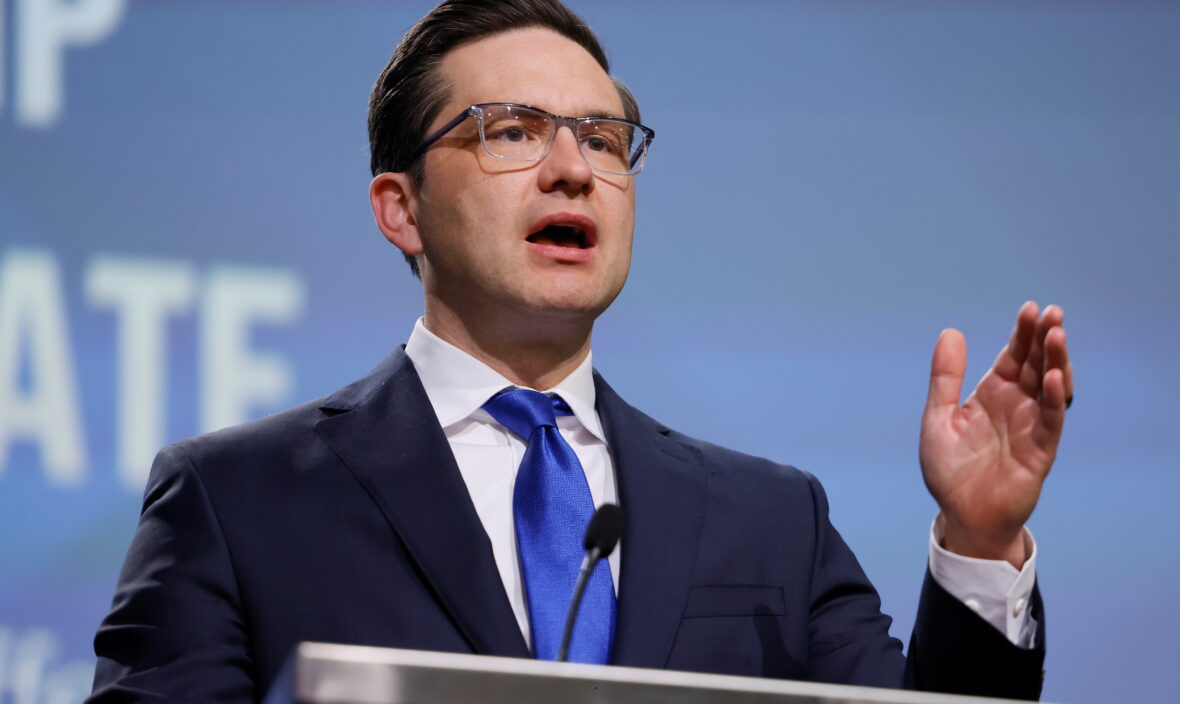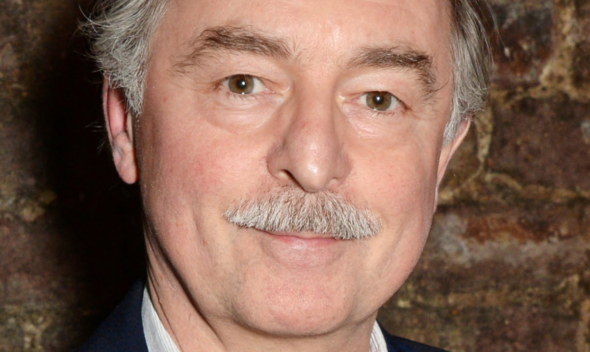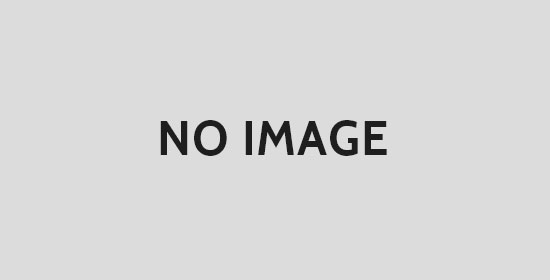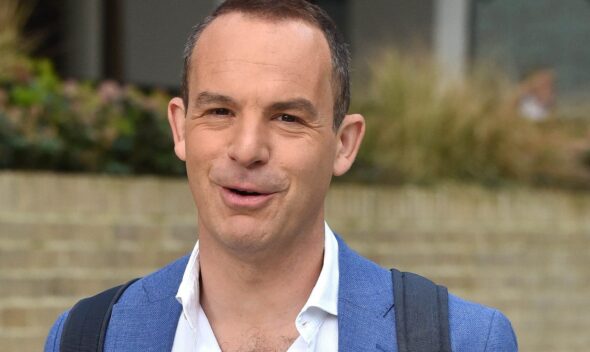In a recent announcement, Pierre Poilievre, a prominent Canadian politician, has made a firm commitment to enhancing eyewear benefits for Canadians who decide to switch from contact lenses to glasses. This move is part of a broader initiative to address healthcare affordability and accessibility, sending a clear message about the importance of supporting public health innovations.
Background of the Initiative
The decision comes amidst growing concerns over the costs and health implications associated with prolonged use of contact lenses. Studies have indicated that switching to glasses can reduce the risk of eye infections and provide a safer, more sustainable option for vision correction. Recognizing these benefits, Poilievre’s proposal aims to make eyeglasses more accessible and affordable to the general public.
Details of the Proposal
Under Poilievre’s plan, the government would introduce a subsidy program that reduces the cost of eyeglasses for individuals who transition from contact lenses. This subsidy would be available to all Canadian citizens and residents, ensuring that financial barriers do not prevent individuals from opting for this safer eyewear option.
The proposal also includes educational campaigns to raise awareness about the benefits of wearing glasses over contacts. These campaigns will target both the general public and healthcare professionals, ensuring that accurate information is available to make informed choices about eye health.
Economic and Health Implications
The economic implications of this initiative are significant. By reducing the costs associated with purchasing glasses, the government hopes to encourage more Canadians to make the switch, ultimately leading to lower healthcare costs associated with eye conditions. Additionally, the move could stimulate the domestic eyewear industry, potentially leading to job creation and economic growth within the sector.
Health-wise, the initiative is expected to have a profound impact. Glasses are less likely to cause infections and are generally easier to maintain than contact lenses. They also offer better protection from environmental factors such as dust and wind. Over the long term, this could lead to a reduction in eye health issues among Canadians, contributing to overall better public health outcomes.
Political Implications
Politically, Poilievre’s firm stance on this issue is seen as a strategic move to garner support from health-conscious voters and those affected by high healthcare costs. It highlights his commitment to practical and preventive healthcare measures, which could play well with a broad base of constituents.
Moreover, by focusing on an issue that affects a large segment of the population, Poilievre is able to position himself as a leader who prioritizes the everyday needs of Canadians. This could be particularly appealing in urban areas, where higher pollution levels make glasses a more practical choice over contacts.
Challenges and Criticisms
Despite the apparent benefits, the proposal has faced some criticism. Critics argue that the government should not be involved in personal healthcare decisions to such a degree. They claim that such subsidies could lead to unnecessary government spending and could set a precedent for further intervention in personal health choices.
Others have pointed out logistical challenges, such as the potential for fraud and abuse of the subsidy system. Ensuring that the benefits are distributed fairly and efficiently will be a critical challenge for the government if the proposal is to be successfully implemented.
Conclusion
Pierre Poilievre’s initiative to double down on eyewear benefits for Canadians switching from contact lenses to glasses is a bold step towards addressing healthcare affordability and public health. While it presents several economic, health, and political opportunities, it also comes with challenges that will need to be carefully managed. As Canada continues to navigate the complexities of healthcare reform, initiatives like this will be crucial in shaping a health-conscious future for all citizens.




